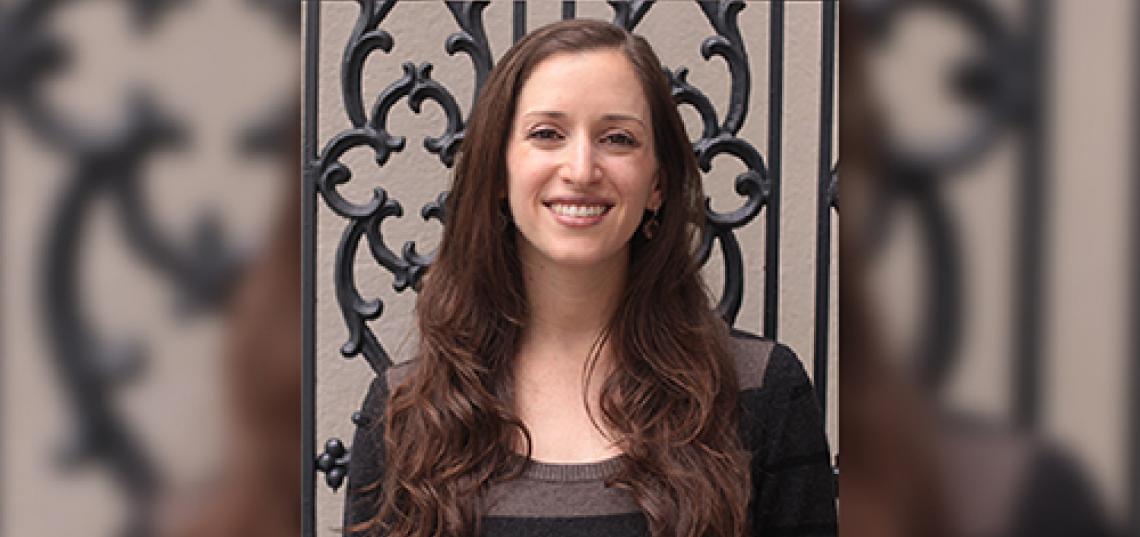
As we reach the one-year anniversary since the COVID-19 pandemic prompted nationwide remote learning, the effects of these school disruptions for pre-school and elementary-aged children are coming into focus. Lower-income families have faced compounded challenges due to inadequate access to the technology required for remote learning, parents being less likely to be able to work from home, and a constellation of other difficulties.
And yet, Associate Professor of Communication Vikki Katz notes, “We know that in this time of crisis — as in all crises — some families are finding ways to better weather the storm than others facing similar difficulties. That’s why we proposed a study that goes beyond capturing the difficulties of this period. This is a uniquely important moment to also identify what parents and children have learned from the challenges they have faced since the pandemic prompted widespread online learning.”
Via a nation-wide telephone survey and in-depth interviews with lower-income parents with pre-school and elementary school-aged children (ages 3 to 13), Katz and her colleagues will, she said, “explore parents’ reflections on what they and their children have learned in this past year, and what they think schools’ priorities should be for supporting their children in the fall. We believe that our twinned focus on family’s strengths and assets alongside their challenges, can offer educators clearer guidance for meaningfully partnering with parents to smooth children’s transitions into, or back to, the classroom.”
Katz and colleagues will ask parents about their experiences with slow internet connections and malfunctioning devices, to inform the Biden Administration’s efforts to address digital equity issues. They will also examine how parents have used media for informal learning, such as which media resources have been most helpful for children this year, and how media may have helped parents explain the pandemic to their young children.
There are several aspects of their study that make it unique, Katz said. Surveying families over the phone rather than online will reach families who are, or might be, experiencing difficulty with their internet connections – the same difficulties that have proved challenging for these parents while trying to keep their children connected to school this year.
And by focusing only on lower-income families, with household income below the median for their demographic ($75,000, according to the U.S. Census Bureau), Katz said, “we can better understand the nuances of lower-income families’ experiences, including differences based on geography, whether parents are U.S.-born or immigrants, and we can go beyond the above/below poverty line distinction on household income, to instead explore multiple bands of working poverty and how they influence family learning experiences.”
New America will host a forum in June to release the study findings and discuss implications with policymakers and educators as they kick off summer plans for transition back to classrooms in the fall. The findings will also inform summer initiatives led by the Campaign for Grade-Level Reading to help community leaders and educators from over 300 communities nationwide.
Katz’s colleagues on the project include Victoria Rideout, president of VJR Consulting, a research firm specializing in survey research on children, families, and media; Lisa Guernsey, director of the Teaching, Learning, and Tech program and senior advisor to the Early and Elementary Education Policy program at New America; and Michael Levine, Senior Vice President of Learning and Impact for Noggin. Levine was also the founding executive director of the Joan Ganz Cooney Center at Sesame Workshop.
Noggin, Overdeck Family Foundation, Carnegie Corporation of New York, and Grable Foundation are providing funding for this study.
More information about the Communication Department at the Rutgers School of Communication and Information is on the website.
